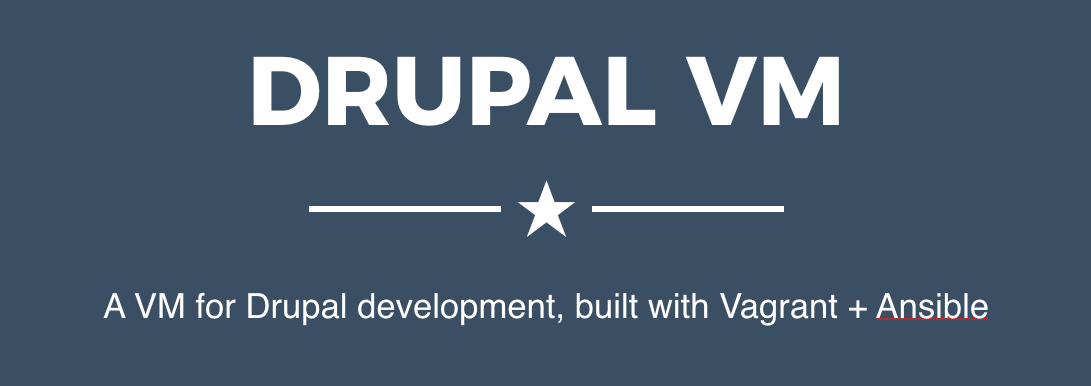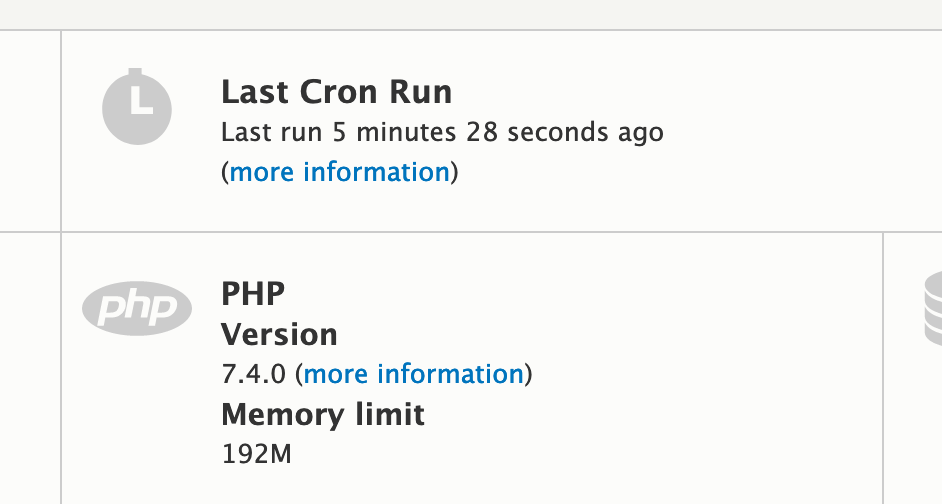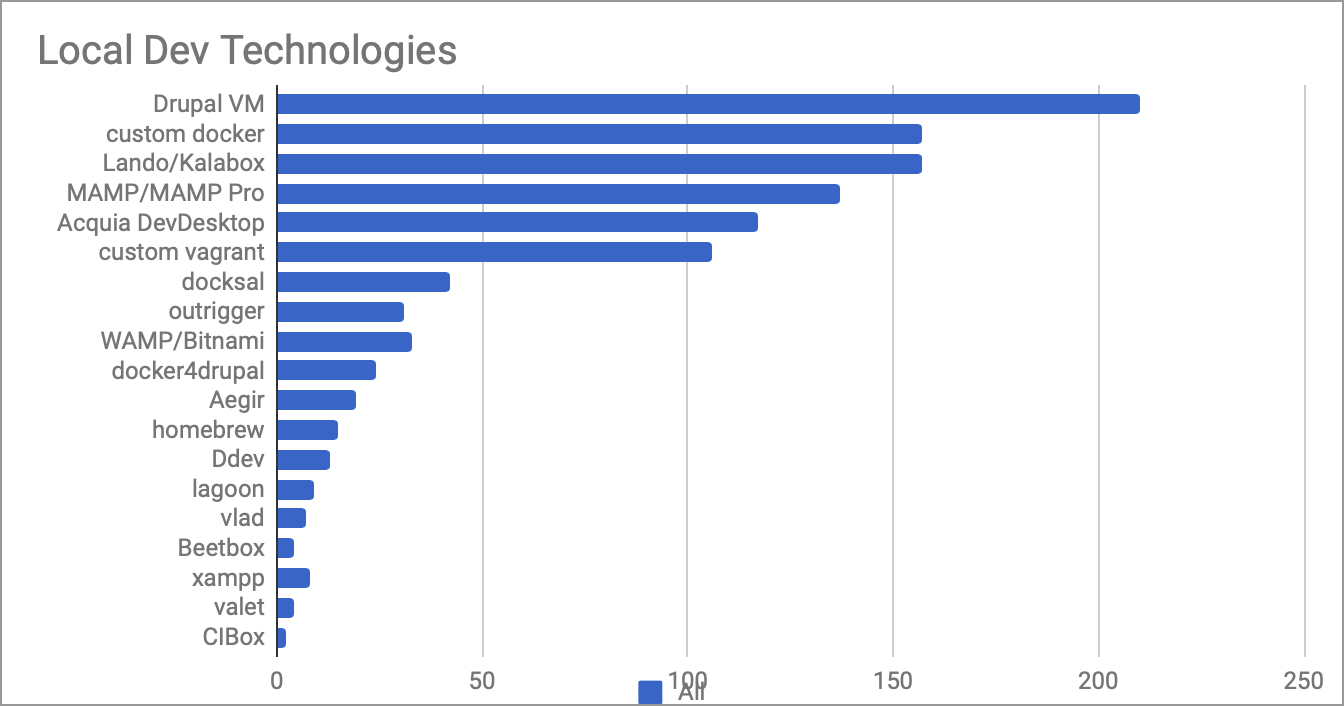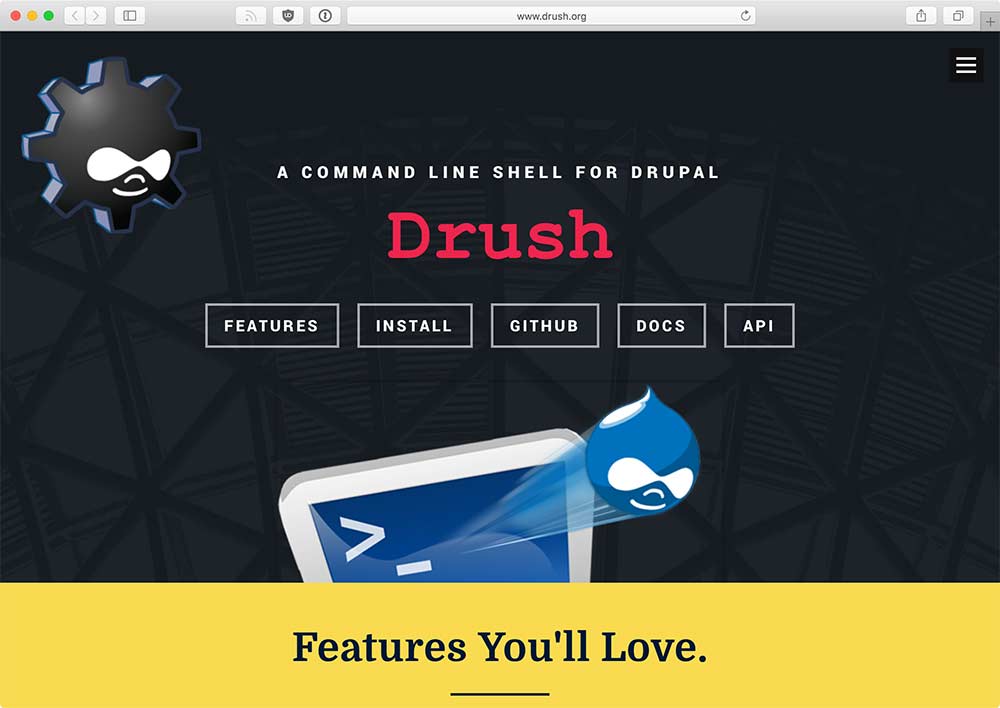Drupal VM 6 'Rectifier' is here!
I just released Drupal VM 6.0.0 today, and it is the best version of Drupal VM yet!
The main goals for this new version are stability and compatibility.
Originally I was going to drop some features that are helpful for people running older Drupal 7 sites, but since Drupal 7's End of Life was just extended into 2022, I decided to extend the support for some features like Drush make files, as many users of Drupal VM still maintain Drupal 7 sites, or use Drupal VM to test the upgrade from Drupal 7 to Drupal 8 or 9.
The default PHP version was upgraded from PHP 7.2 to 7.4 in Drupal VM 6, and this new version should work great with almost any Drupal 7, 8, or 9 website (in fact, PHP 7.3 is Drupal 9's minimum requirement!).



